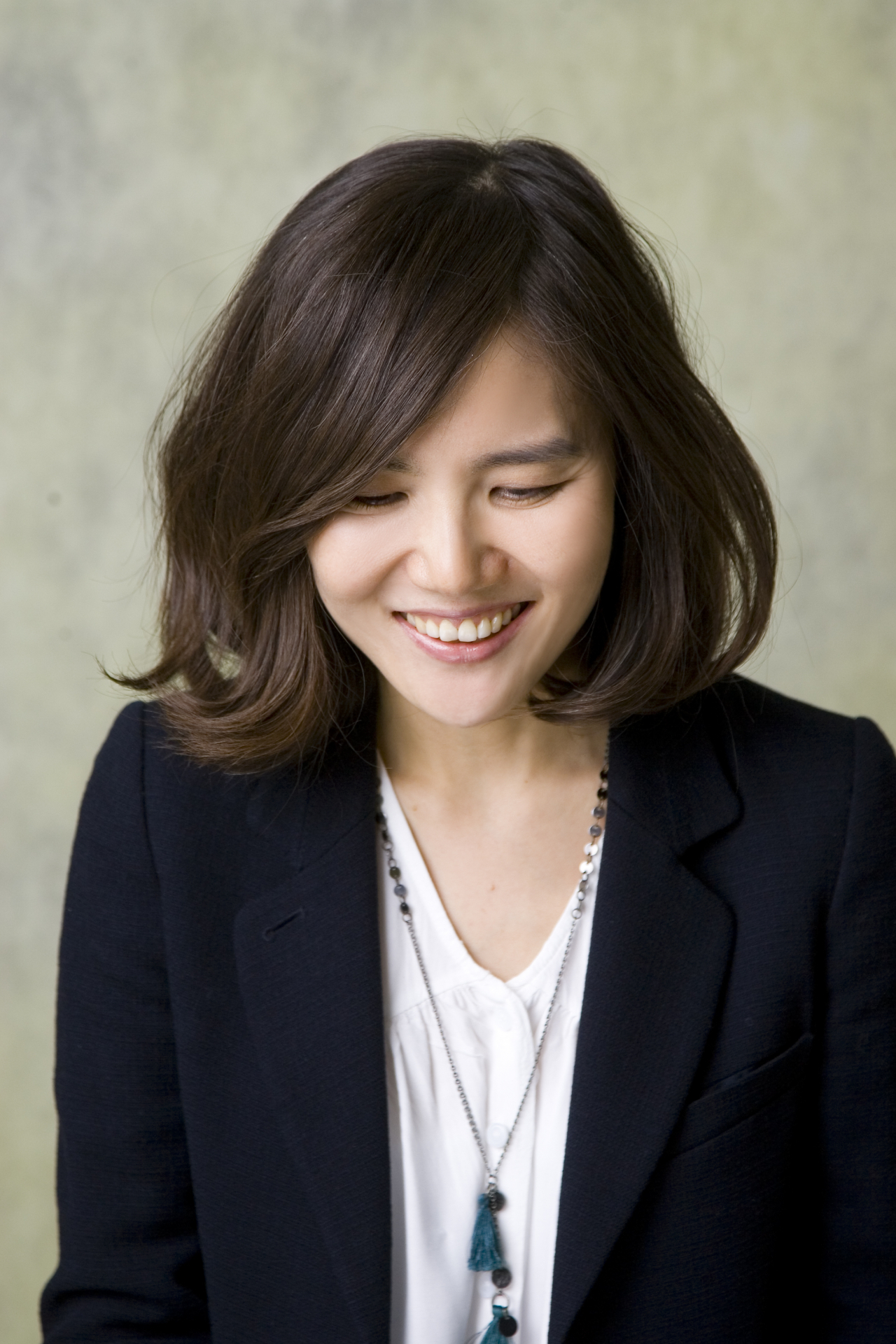 |
Revised Korean edition (left) and English edition of "City of Ash and Red" by Pyun Hye-young (Changbi Publishers, Arcade) |
The unnamed protagonist, referred to only as “the man,” is dispatched by his pharmaceutical company on an extended assignment to Country C -- an imaginary country descending into chaos after a contagious disease has taken over.
As soon as he disembarks, the man is whisked away by two health inspectors in their “puffy suits and face masks” that look like “rubber lifeboats bobbing towards him.”
The man is detained overnight -- isolated and forgotten.
When he finally gets a call from a friend, he is told that his ex-wife’s body was found in his apartment and that he is the prime suspect.
Making matters worse, the man cannot remember what happened the night before -- he has a hangover, while his wrist aches and his palm throbs with a bruise.
Barely managing to evade arrest, the man struggles to survive in a foreign city raging with fear of contamination.
The story of a pandemic of unknown origin that spreads slowly across the country, accompanied by the distrust that eats away at humanity through quarantine and distancing measures shockingly resembles the COVID-19 pandemic and the global realities we collectively experienced since 2020.
“City of Ash and Red,” an apocalyptic novel first published in 2010, is Pyun Hye-young’s first full-length novel. Translated by Sora Kim-Russell, the English edition was published in 2018.
 |
Pyun Hye-young (Changbi Publishers) |
Pyun, who went on to win the 2017 Shirley Jackson Award for her psychological thriller "The Hole,” has revised the original "City of Ash and Red" and the new version, published by Changbi Publishers as part of a set of "remastered" project, hit the shelves in January. The remastered works are a selection of novels published more than 10 years ago that are now being revised and reissued.
“Living through the pandemic era, I knew that the story of ‘City of Ash and Red’ was still valid today, even though I wrote it 10 years ago,” Pyun said in an email interview with The Korea Herald.
“At first, I was worried about the scope -- how much change should I make. But I thought this might be a good time to brush off a little bit of dust that has settled on the story. I am glad and thankful that Changbi suggested this.”
Pyun said the original novel would never have come about after the pandemic.
“At the time of writing, the idea of a pandemic so strong that it paralyzes the whole country was close to a fantasy,” she said. “So I mainly referred to the medieval history of the spread of disease.”
“In some ways, I had fun writing because it was imagination or just reproducing things that happened long ago that I had not experienced.”
She said having lived through the current pandemic would not have triggered her interest in the material either because it would be something that everyone had experienced, making it difficult to imagine anything beyond the real pain and confusion we suffered.
Almost all the sentences in the book were rewritten and adjusted to fit the current times, according to the publisher.
“I laid the book open and went through the novel retyping sentence by sentence. Sometimes I changed the structure to make the situation and the psychology clearer, or removed outdated expressions. I ended up rewriting virtually every sentence," Pyun said.






![[Today’s K-pop] Blackpink’s Jennie, Lisa invited to Coachella as solo acts](http://res.heraldm.com/phpwas/restmb_idxmake.php?idx=644&simg=/content/image/2024/11/21/20241121050099_0.jpg)
